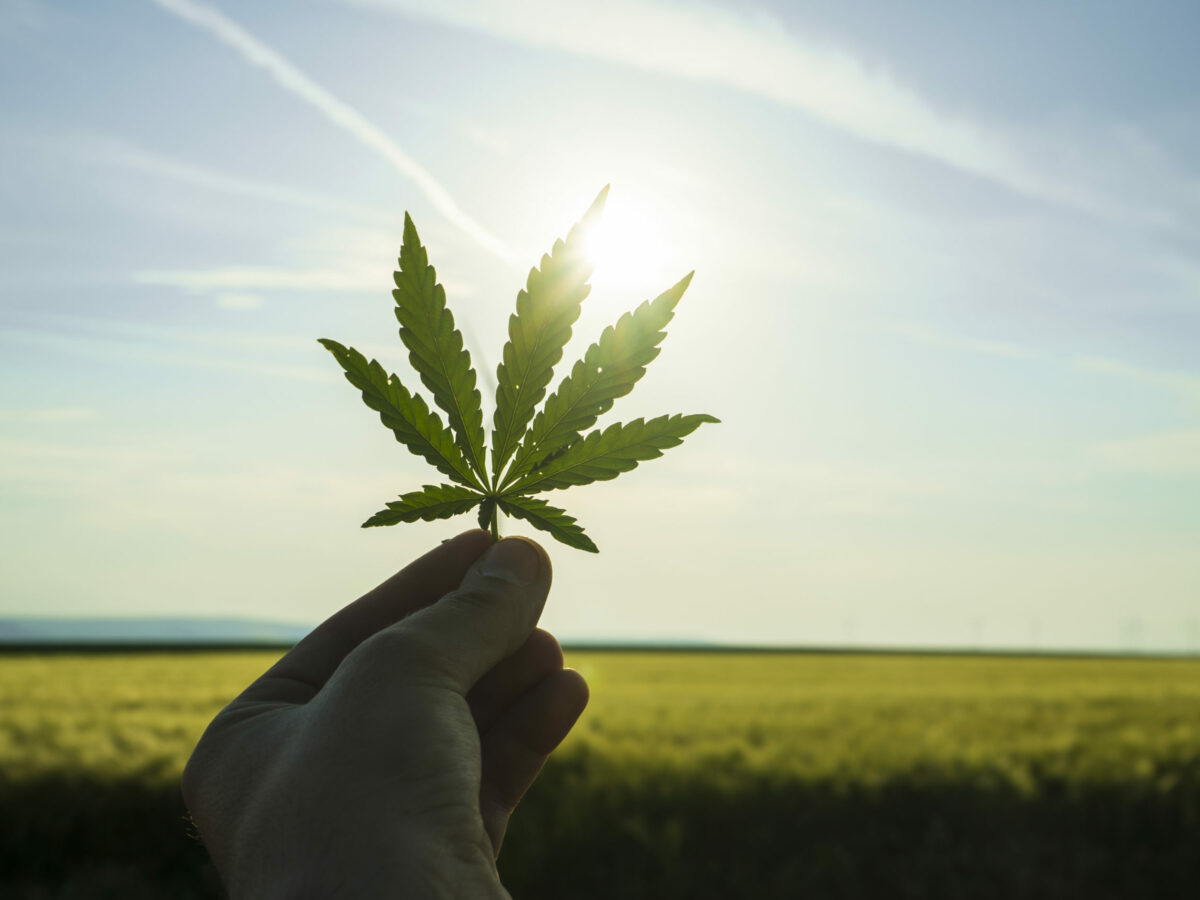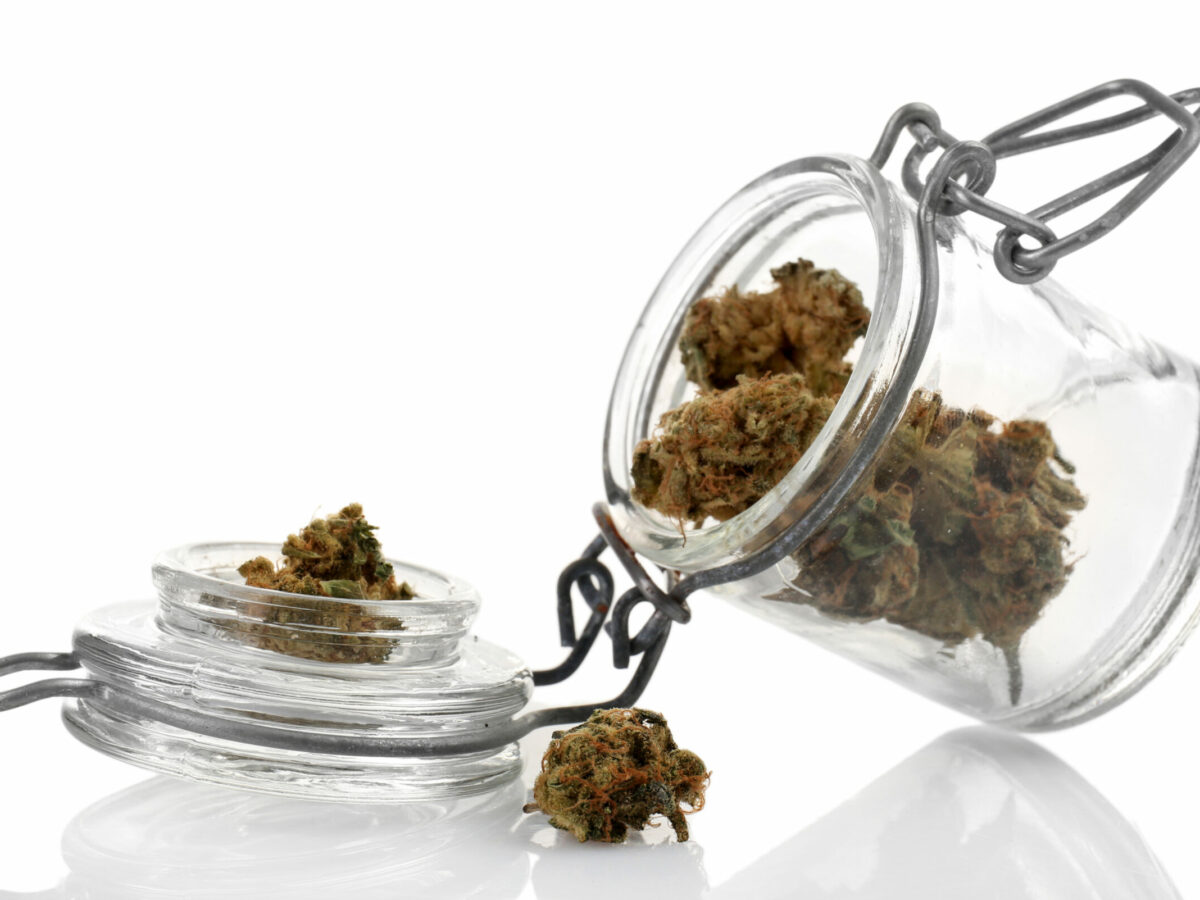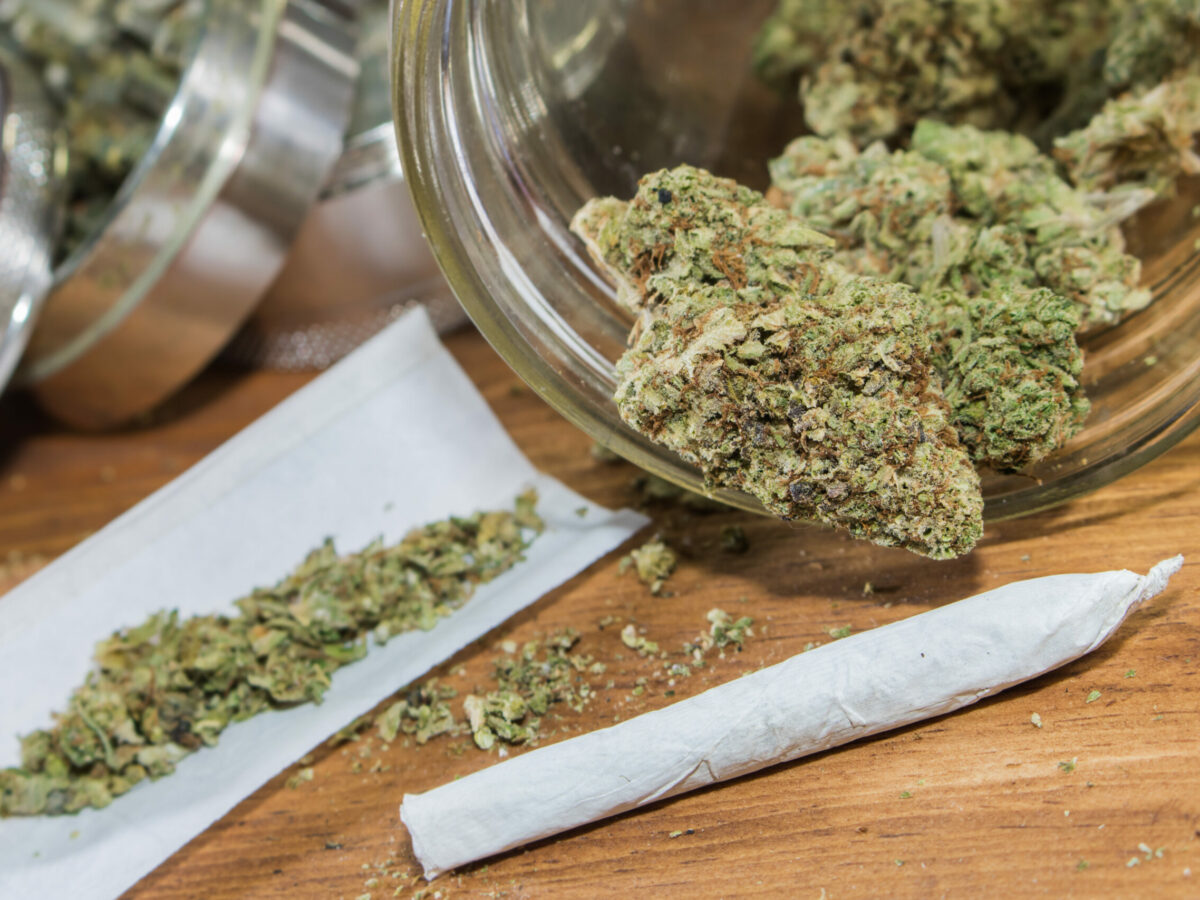The Outlaw spoke with four recipients of conditional cannabis licenses for growers and manufacturers in Washington, D.C. Since May 2023, 76 cultivation centers and 65 manufacturers applied to be licensed under D.C.’s medical cannabis expansion law, according to the Alcohol Beverage and Cannabis Administration. The application round ended on Oct. 30 but businesses are still getting approved.
The four cannabis entrepreneurs The Outlaw Report interviewed received conditional licenses which allow businesses 12 months to find a location and get approved to open and begin operations. Read more about the medical cannabis expansion here.
Bryan Jackson of District Flora (conditional cultivation license)
Jackson first worked in hydroponics as an education consultant, helping turn hydroponic centers into agriculture producers in the District’s food deserts. He also worked for medical dispensaries in the DMV area for numerous years. But this year he’s launching his hydroponic cannabis business, District Flora, into the legal market.
His cannabis business won $12,000 representing Ward 7 at this year’s D.C. Dream Pitch Competition. He was the only cannabis business in the competition. And as someone born in D.C. and working in cannabis, he couldn’t be more excited to see the expansion of the market.
“It will be great to see more representation,” he said. Jackson wants to prioritize hiring locally and supporting D.C. businesses both in cannabis and more generally. To him, the cannabis market presents a huge moment for economic empowerment for the entire city. District Flora’s use of hydroponics is the most efficient way to grow plants, according to Jackson. The business has a goal to be carbon neutral or negative and as sustainable as possible.

Despite not receiving a social equity license, Jackson hopes the most recent legislation surrounding equity will help make up for what he sees as a lack of focus on it when D.C.’s medical market first launched.“I don’t want to fight the good, make the perfect the enemy of the good,” He said. “This is a step in the right direction.”
District Flora will offer a “holistic approach” combining their experiences in the legal market with their experience as legacy cannabis growers. The legal expansion of the medical program in D.C. means “everything” to Jackson. He witnessed firsthand how the lack of statehood hindered his city’s expansion, despite being one of the first East Coast markets to legalize cannabis.
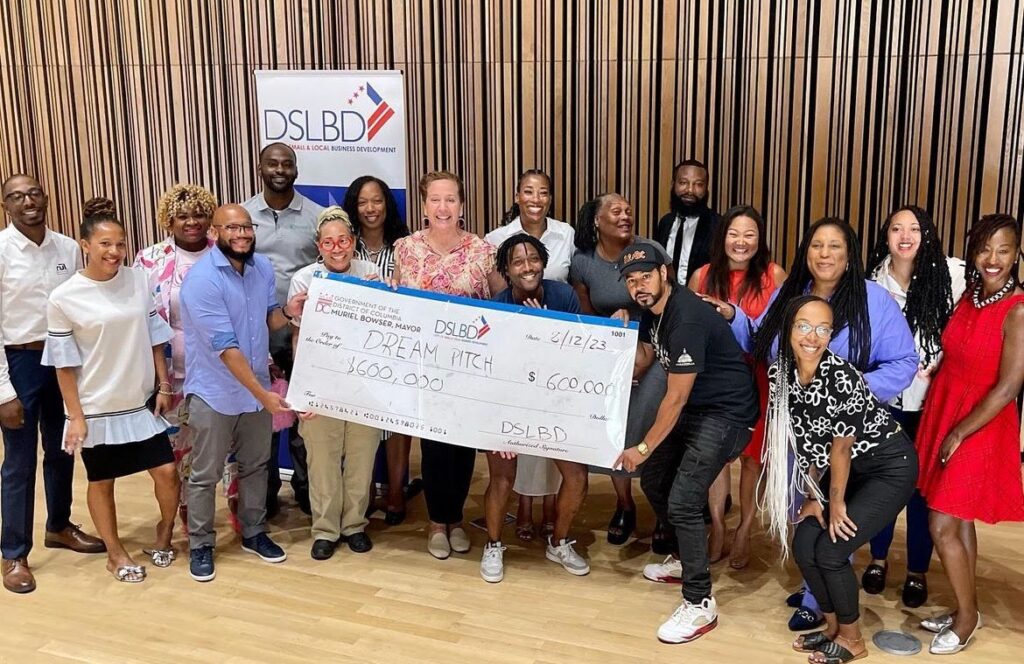
Bo Kenney of King Weedy/Wash Hydro (conditional social equity cultivation license)
Kenney first launched Wash Hydro in 2016 right after the I-71 initiative passed. He said that it was one of the first gifting shops to open in D.C. and prided itself on sponsoring the National Cannabis Festival, supporting activists and hosting cannabis parties at the King Weedy Mansion.
“After attending some of the first smoke-ins in Washington, D.C. in the early 70s, I never could figure out why cannabis was illegal, but cigarettes were legal,” Kenney said. He jumped into the regulated industry early when Colorado legalized, but returned home to D.C. in 2015. The King Weedy brand supported numerous grows and three retail shops at its peak.
But Kenney’s multigrow and store operation came to an end after years of duking it out MPD over I-71 disputes and when the feds raided all of their properties in 2021. Though they recently settled the federal case, Kenney was forced to apply for a conditional license due to the impact of the federal case.
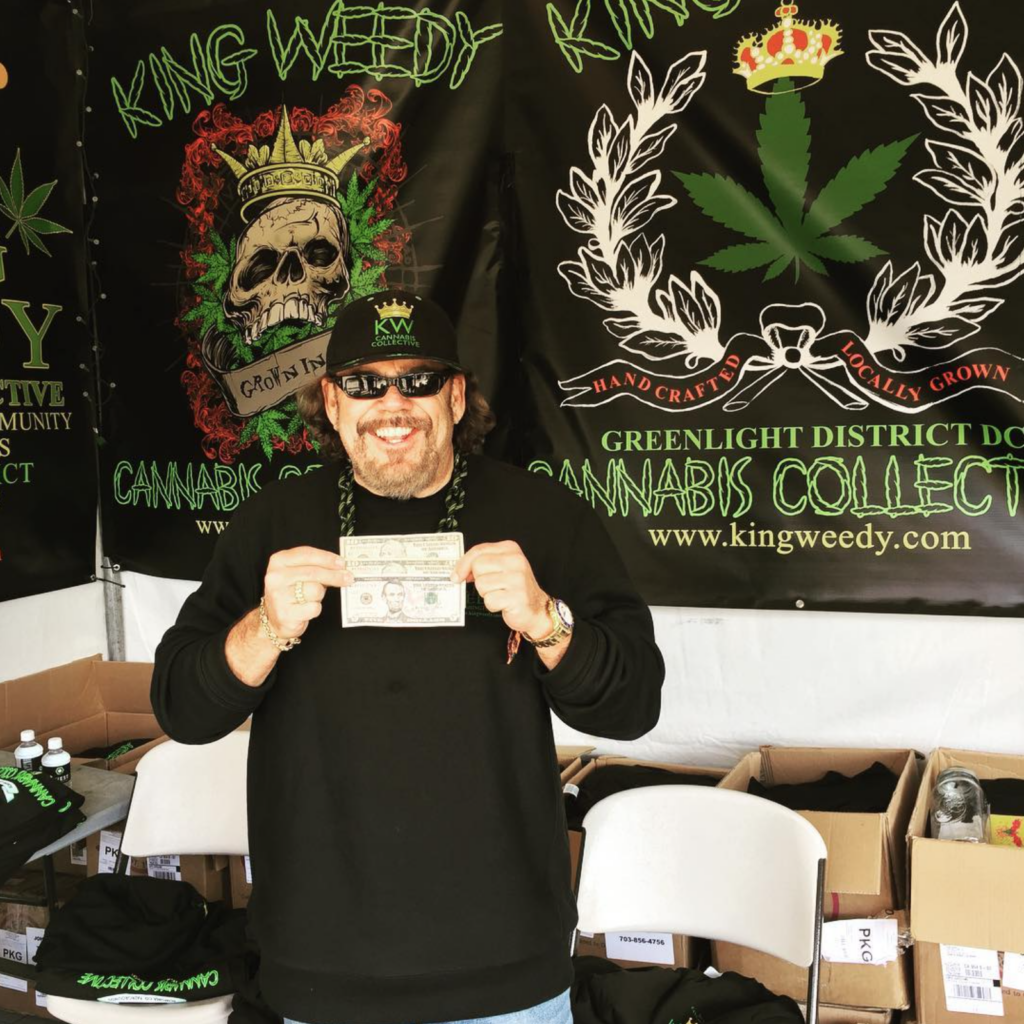
Obtaining the license was bittersweet for Kenney, who is thrilled to reenter the D.C. industry but feels it doesn’t fully compensate for the legal challenges he endured as a pioneer. His stores were shut down when they were raided so despite years of operation, he cannot apply during the unlicensed operator period. “With all my assets being seized, it’s very difficult to move forward,” he said. “It’s going to take some time to put together our financing.”
However, he is focused on finding a new location and growing high quality, clean cannabis for an affordable price just like they did in the past. His past stores hosted seed and clone exchanges to educate the community about cannabis. He said King Weedy is looking forward to bringing back the aspect of community that it seems like D.C.’s lost. “I’m hopeful but yet skeptical because of the way the laws are written,” Kenney said. “It doesn’t seem to me like it’s the same flavor that Initiative-71 came in with.”
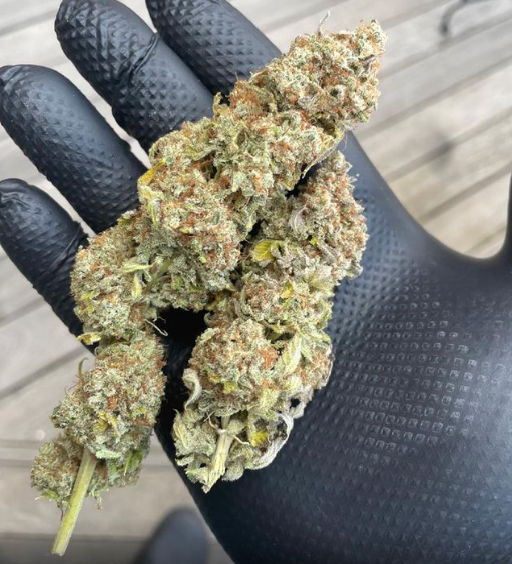
Rodney Barnes II of Smackz (conditional social equity manufacturer license)
Barnes grew up in North Carolina but has called D.C. home for many years. He spent time playing in the NFL after college graduation before starting his own physical training business. He then entered the mental health field, but through all his career twists, he’s seen the positive impacts of cannabis use on his and others’ lives.
He started his edible brand Smackz after perfecting a natural edible process using clarified butter. His brand offers everything from infused rice krispie treats to mustard, but the most popular products are a OooWee sauce that can be added to any food and nerd gummies made out of three different types of gummy bears and covered in nerdz.
He’s glad that the social equity option gave a small business like his a foot in the door, and he encourages everyone to go for it. “This is a billion dollar industry and if you’re already doing it underground just get the paperwork right, it’s just a little bit of paperwork, and do it legally,” he said.
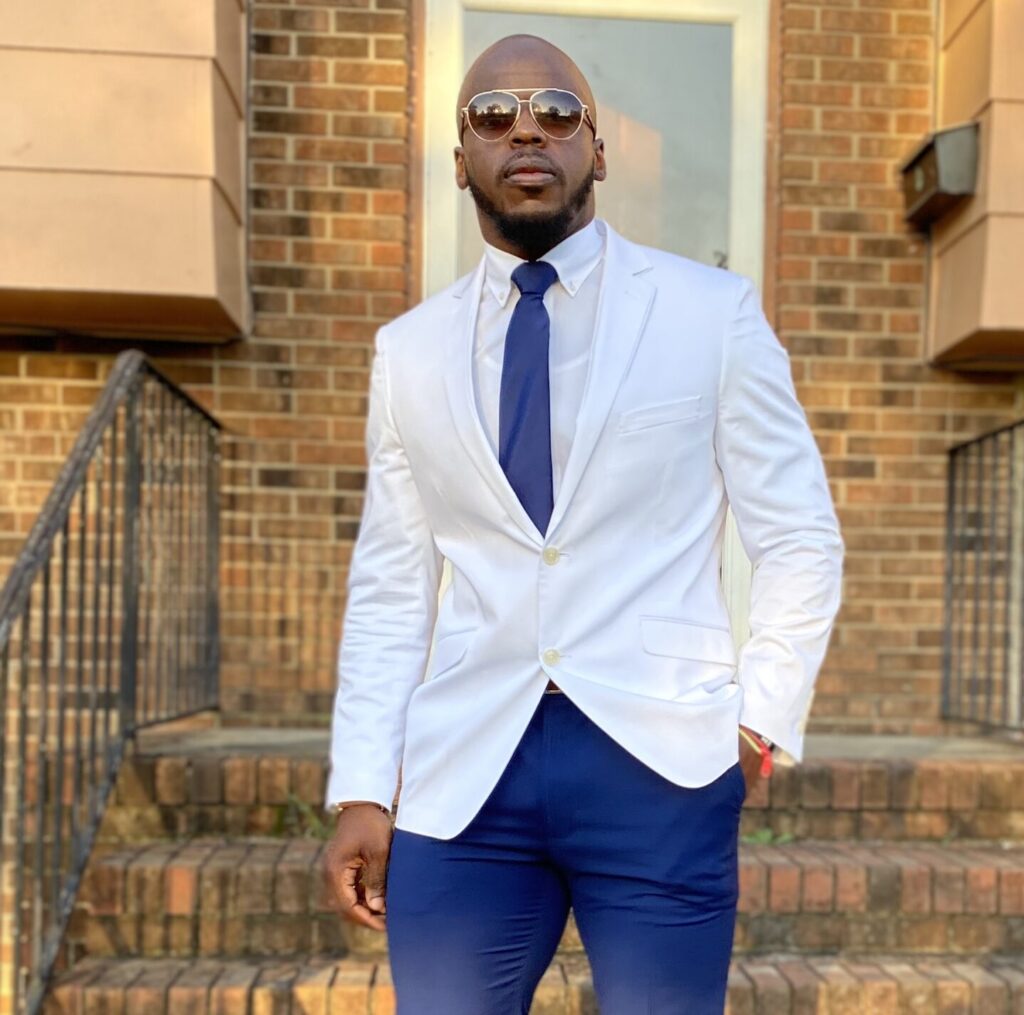
He creates low-dose edibles with clear packaging and labeling to help fight the stigma and fear around edibles. Barnes thinks the stigma comes from the lack of locally produced edible options with many of the store options being backdoored out of California distros. “You’re not going to see nothing peeling off walls. You’re going to be relaxed,” Barnes said of his products.
“We’re getting ready to change the game when it comes to wake and bake,” he added.
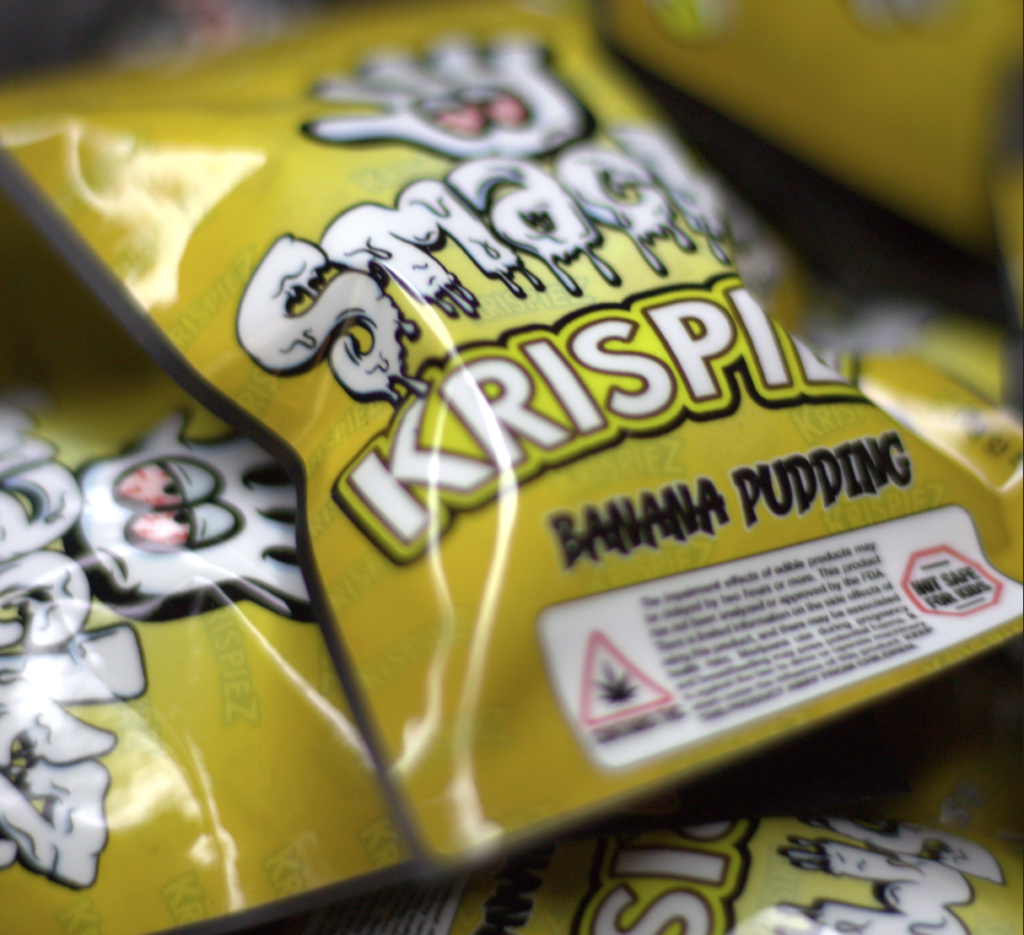
Zac Schwartz of Grateful Melts/EndoZ (conditional cultivation & manufacturer license)
Schwartz spent many of his college nights in Colorado studying cannabis extraction and cultivation. But cannabis didn’t cement its meaning in his life until he used it to recover from Lyme disease. After leaving Colorado, he spent multiple years working in the legal market in Maine and Connecticut.
Grateful Melts will be his company’s first operation. Schwartz and his team chose D.C. to launch their anchor store due to the unique legislation that allowed legacy operators to transition into the legal market and the forward thinking on public consumption spaces.
Though they aim to operate in multiple states, Schwartz highlighted his company’s difference from other multi-state operators as “hyper” focusing on brands and products and services to reflect the market and community they operate in.
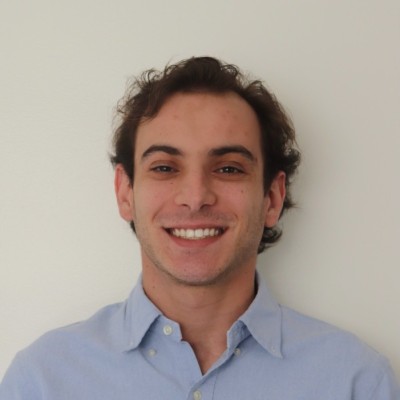
Grateful Melts draws its name from the legacy of the 60s and 70s and the Grateful Dead’s impact on the cannabis industry. The company is focused on living soil cultivation and solventless concentrates. “We’re really hoping through selective breeding to capture long lost terpene profiles as well as pioneer new ones,” Schwartz said. The focus on terpenes will allow the company to better tailor cannabis to each customer’s needs.
He hopes Grateful Melts can be a voice for education about living soil benefits in agriculture and advocate for clean growing and eco-friendly products. “We’re over the moon,” Schwartz said. “We think there’s a lot of room for expansion in the market and we’re excited to be a part of it.”

